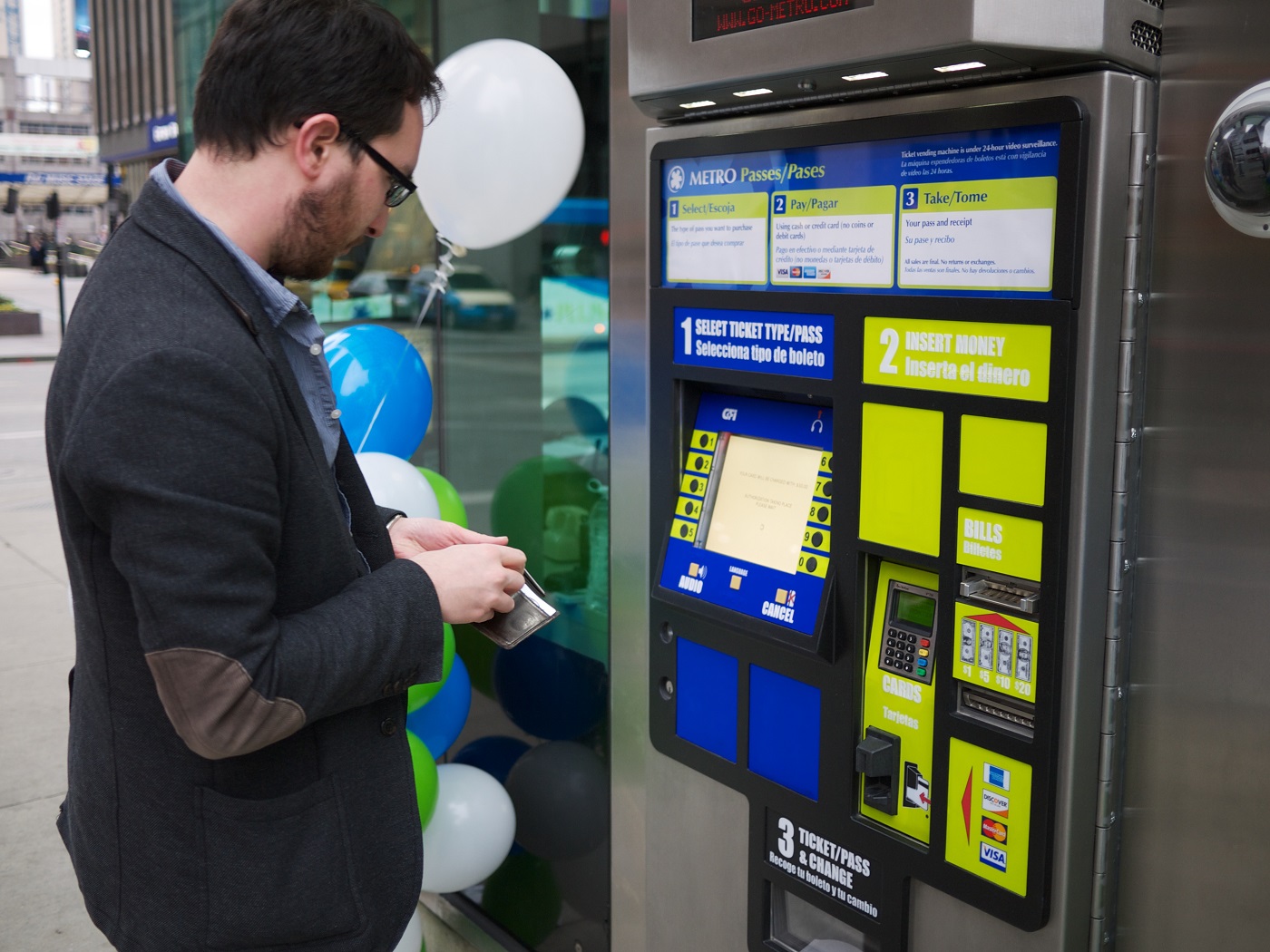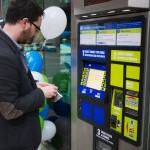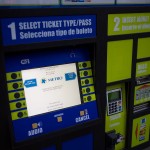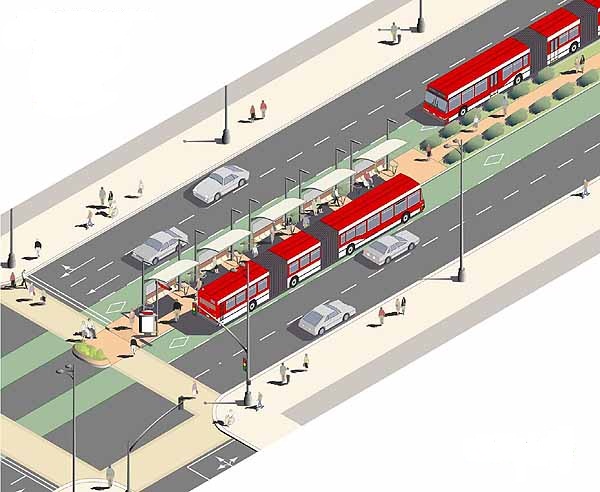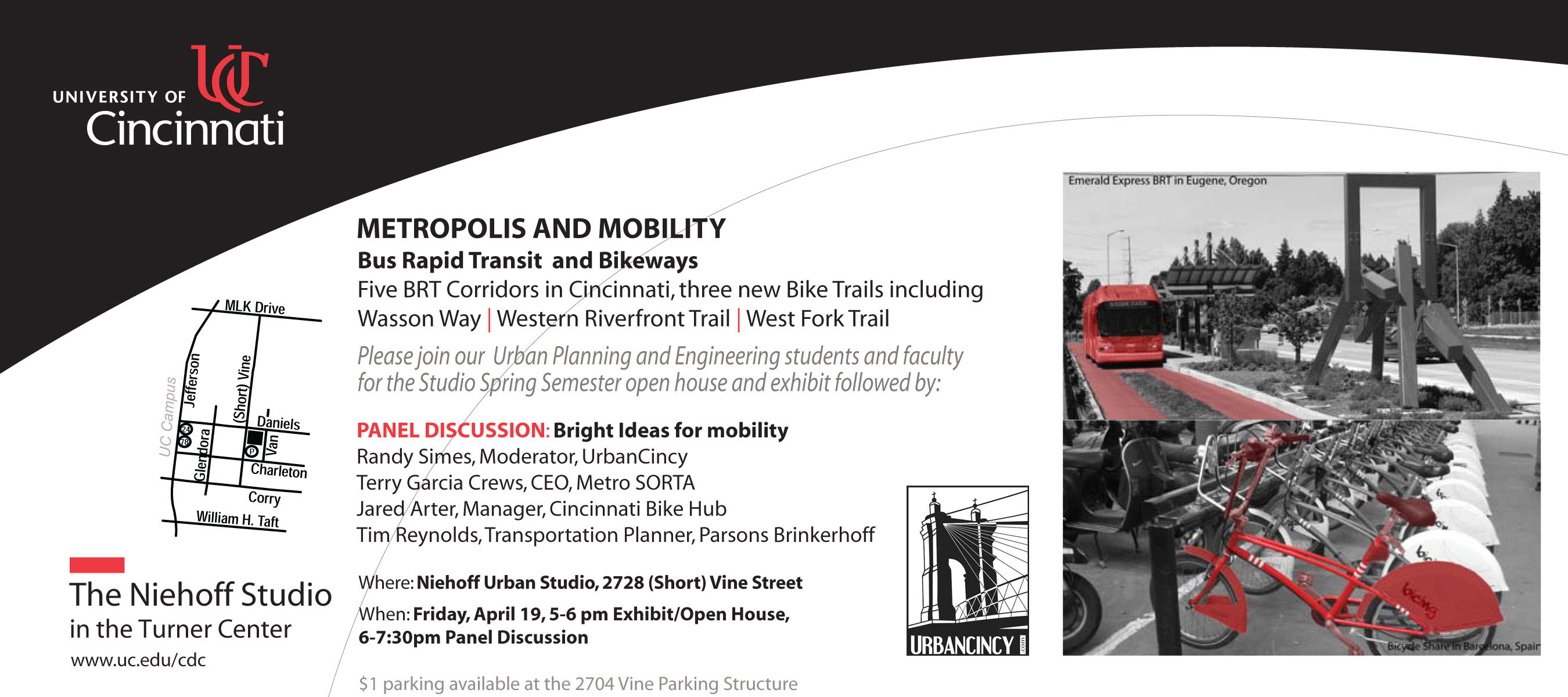The Southwest Ohio Regional Transit Authority (SORTA) has made a new push to expand ticket and stored-value cards by adding new locations and options for riders to make their purchases.
The first announcement was that Metro would begin selling passes at Cincinnati City Hall, starting April 1, inside the city’s Treasury Department in Room 202. The sales office is open Monday through Friday from 8:30am to 4:30pm, and will offer Zone 1 and 2 Metro 30-day rolling passes, $20 stored-value cards and Metro/TANK passes.
The new location marks the twelfth sales office for Metro including three others Downtown and locations in Walnut Hills, Tri-County, Western Hills, North College Hill, Over-the-Rhine, Roselawn, College Hill and Avondale.
The region’s largest transit agency also installed its first ticket vending machine. The new kiosk is located at Government Square and is available for use 24 hours a day. The machine only accepts cash and credit cards, and offers Metro 30-day rolling passes including Metro/TANK passes, and $10, $20 and $30 stored-value cards.
According to Metro officials, this is the first of more ticketing machines to come with the stations in the Uptown Transit District to be the next locations to get them. Future additions, officials say, will be chosen based on the amount of ridership at given transit hubs throughout the system.
The new sales options come after Metro introduced a new electronic fare payment system in 2011. The new modern options of payment and ticketing proved so popular that after just one year, Metro officials cited the updated technology as one of the primary drivers for its ridership growth.
While the new initiatives show progress for the 41-year-old transit agency, they also show just how far behind the times it is.
The best fare payment systems in the world are tap and go systems that allow riders to charge their cards with whatever value they would like, thus eliminating any confusion of needing specific cards for certain time periods or values. Such cards also allow for perfect interoperability between various modes of transport including bus, rail, ferry, bikeshare and taxi.
In other instances, like Seoul’s T-Money Card and London’s Oyster Card, the systems even allow for the tap and go payment systems to accept credit cards and bank cards enabled with the technology – totally eliminating any barrier for potential riders wary of signing up for a new card they may not use all that often.
Similar to the fare payment cards, the new ticketing machines are outdated on arrival. Transit agencies throughout the United States that have had ticketing machines for years, like Chicago and New York, are currently in the process of transitioning to touch screen kiosks that are more user-friendly.
